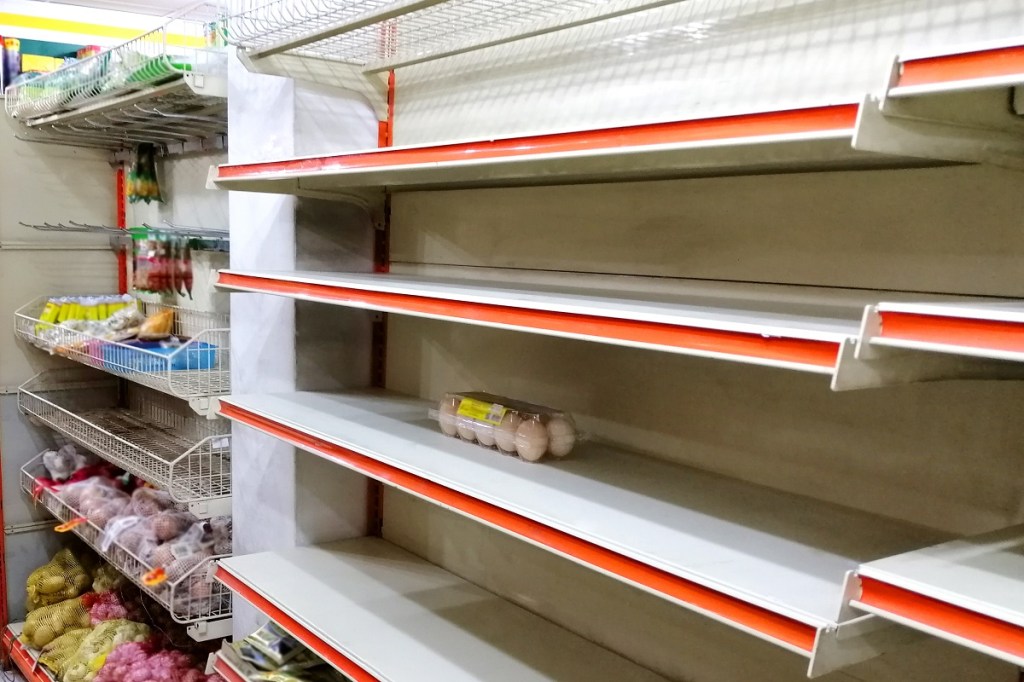The Australian Food and Grocery Council (AFGC) and the Australian Association of Convenience Stores (AACS) are concerned that the reopening of the economy will lead to increased community transmission and in turn high rates of essential manufacturing and retail workers forced to isolate.
Both AFGC CEO Tanya Barden and AACS CEO Theo Foukkare, would like to see the adoption of a policy that would allow double vaccinated workers, who are identified as a close contact, to be exempt from the requirement to isolate once they’ve returned a negative Rapid Antigen Test (RAT) or Polymerase Chain Reaction (PCR) test and are not symptomatic.
Foukkare said: “Our retailers have been battling with labour shortages for the duration of the pandemic through a combination of lack of international students entering the country, restrictions on hours able to work and the sideline effects of the payments being provided to support the economy. We simply cannot afford to have the government continue to strangle the labour market through unnecessary test, trace, Isolate and quarantine requirements when we have an 80 per cent double dosed population.
“AACS has been working with various state and federal governments to obtain clarity on what the future requirements for test, trace, isolate and quarantine will be once the national roadmap is implemented by all states. We are advocating for essential/critical retail team members that are double vaccinated to be exempt from these requirements to assist us managing our labour requirements and maintain the operation of our retail outlets, as this continues to be extremely challenging.”
Barden echoed Foukkare’s sentiments.
“These changes are crucial to ensuring continuity of supply for food and groceries. If manufacturing workforces are reduced or production lines are forced to close there is a real risk of shortages of products. We have seen that this is a risk from the experience in the UK,” said Barden.
Earlier in the year the British Government provided isolation exemptions for more than 10,000 essential workers within the food supply sector including supermarket distribution centres and manufacturing plants.
Foukarre stated that AACS Members previously investigated the option of RAT testing as part of the NSW Government’s requirements for their teams to manage the ongoing safety of their staff and customers, however Therapeutic Goods Australia’s (TGA) requirements of needing a health practitioner on site made it very difficult to implement at retail level.
“At the time supply was restricted and this was another compliance cost that members needed to bear, on top of all of the other COVID related safety that they have absorbed.”

